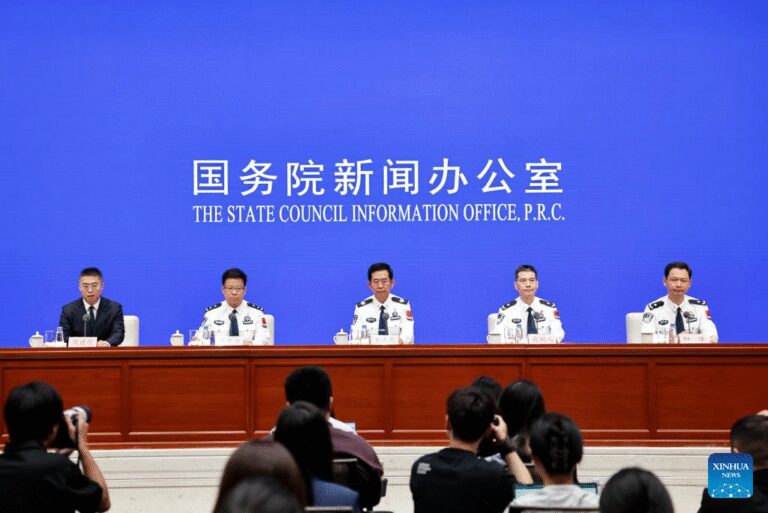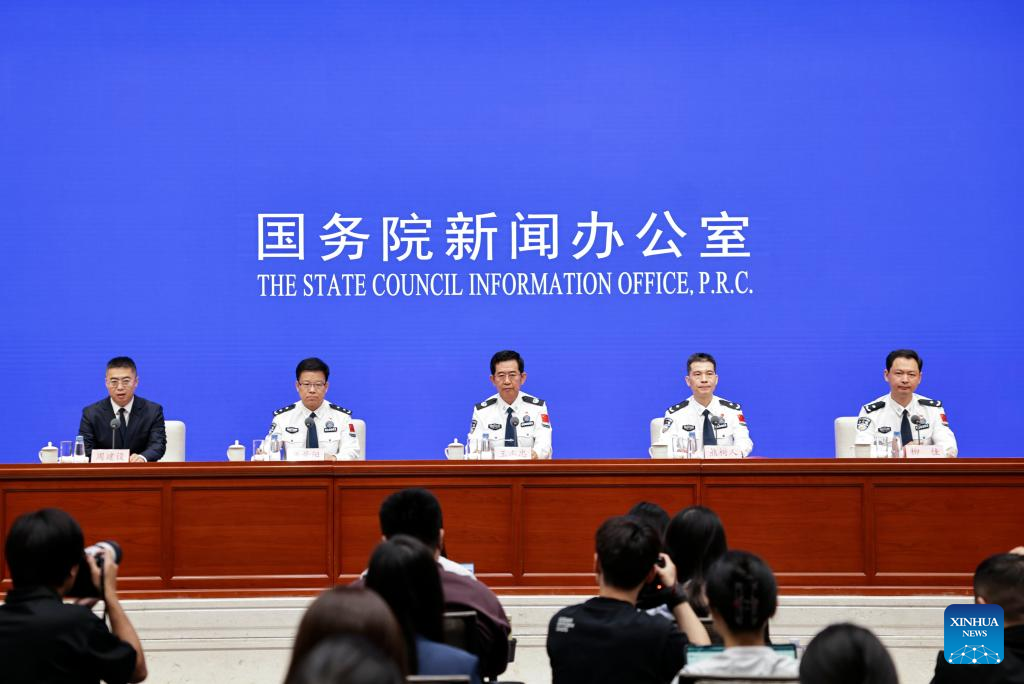
Wang Zhizhong, vice minister of public security and head of the National Immigration Administration, attends a press conference held by the State Council Information Office (SCIO) on China’s immigration management achievements during the 14th Five-Year Plan period (2021-2025) in Beijing, capital of China, July 30, 2025. (Xinhua/Zhang Yuwei)
BEIJING, July 30 (Xinhua) — China has introduced unilateral visa-free entry and mutual visa exemption agreements with 75 countries as part of its efforts to streamline visa rules and promote international exchange, an immigration official announced at a press conference on Wednesday.
Wang Zhizhong, head of the National Immigration Administration (NIA), also noted that during the 14th Five-Year Plan period (2021-2025), the number of countries eligible for visa-free transit to China has increased to 55, while the number of entry ports has expanded to 60 across 24 provinces, autonomous regions, and municipalities.
Additionally, the allowed stay for visa-free transit has been extended to 240 hours, according to Wang, adding that all these measures have greatly facilitated travel for foreigners visiting China for tourism, business, and other purposes.
These optimized visa-free policies have also strengthened exchanges and interactions between Chinese and people around the world, fostering closer ties and deeper friendship, Wang noted.
“Many foreign visitors have gained a true and full understanding of China through their firsthand experiences,” Wang said. ■
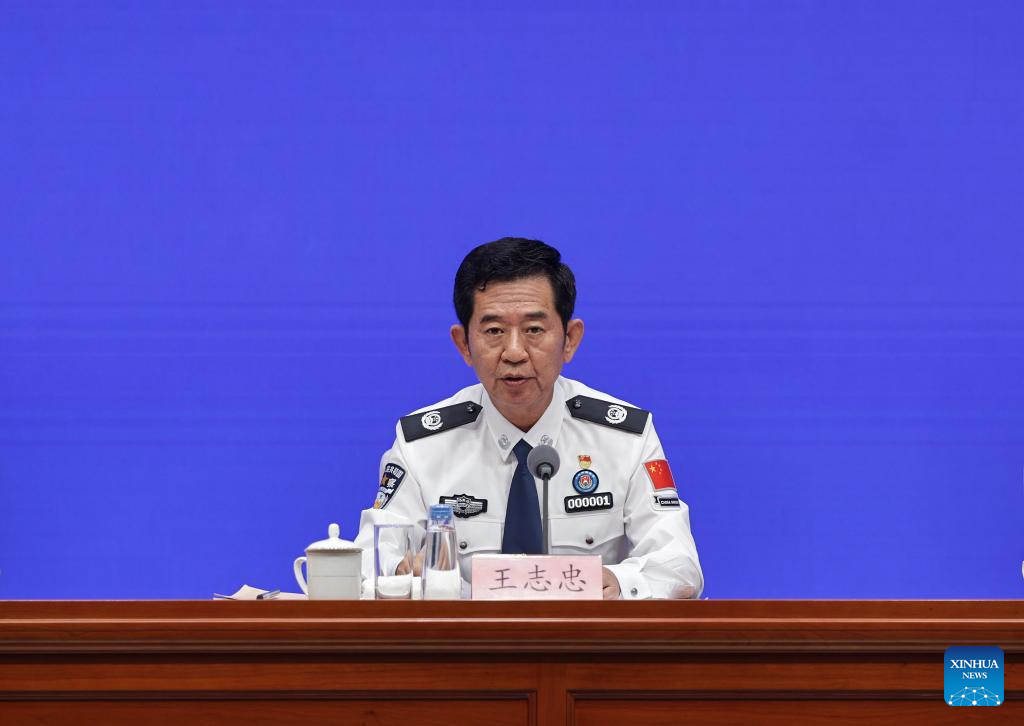
Wang Zhizhong, vice minister of public security and head of the National Immigration Administration (NIA), speaks during a press conference held by the State Council Information Office (SCIO) on China’s immigration management achievements during the 14th Five-Year Plan period (2021-2025) in Beijing, capital of China, July 30, 2025. Wang and NIA officials Xiong Shuren, Chi Jingyang and Liu Jia, attended the press conference in Beijing on Wednesday. (Xinhua/Zhang Yuwei)

Wang Zhizhong, vice minister of public security and head of the National Immigration Administration (NIA), and NIA officials Xiong Shuren, Chi Jingyang and Liu Jia, attend a press conference held by the State Council Information Office (SCIO) on China’s immigration management achievements during the 14th Five-Year Plan period (2021-2025) in Beijing, capital of China, July 30, 2025. (Xinhua/Zhang Yuwei)
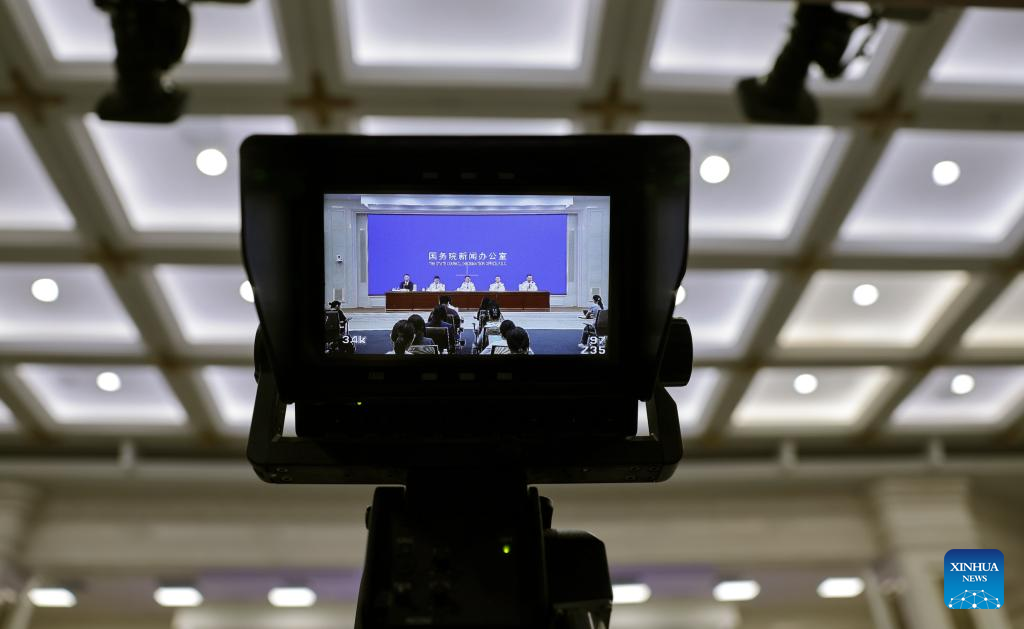
Wang Zhizhong, vice minister of public security and head of the National Immigration Administration (NIA), and NIA officials Xiong Shuren, Chi Jingyang and Liu Jia, attend a press conference held by the State Council Information Office (SCIO) on China’s immigration management achievements during the 14th Five-Year Plan period (2021-2025) in Beijing, capital of China, July 30, 2025. (Xinhua/Zhang Yuwei)
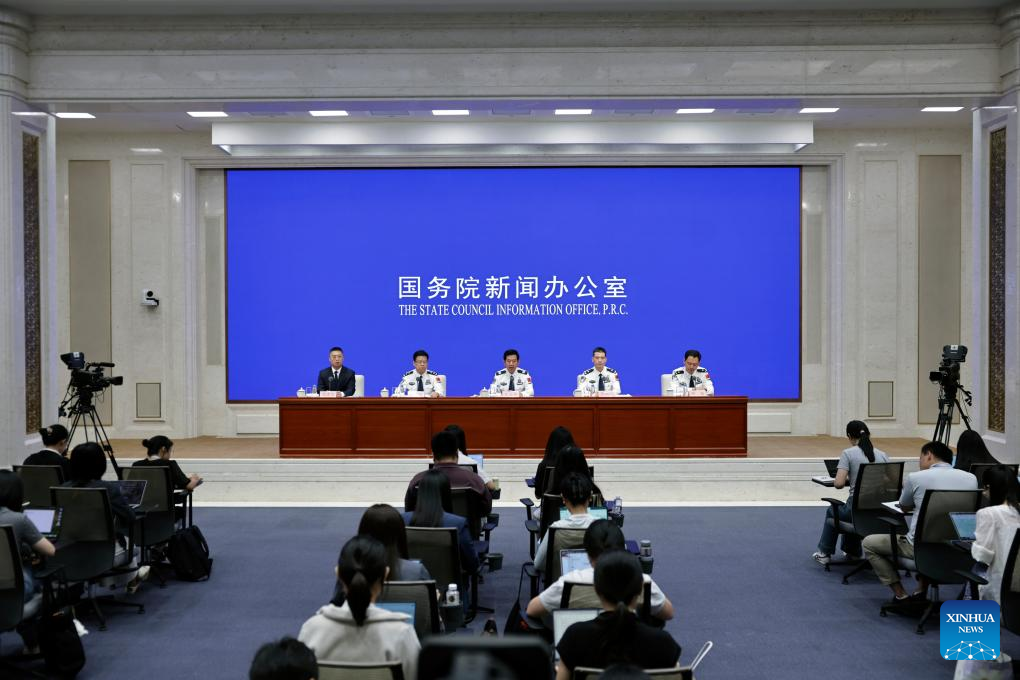
Wang Zhizhong, vice minister of public security and head of the National Immigration Administration (NIA), and NIA officials Xiong Shuren, Chi Jingyang and Liu Jia, attend a press conference held by the State Council Information Office (SCIO) on China’s immigration management achievements during the 14th Five-Year Plan period (2021-2025) in Beijing, capital of China, July 30, 2025. (Xinhua/Zhang Yuwei)
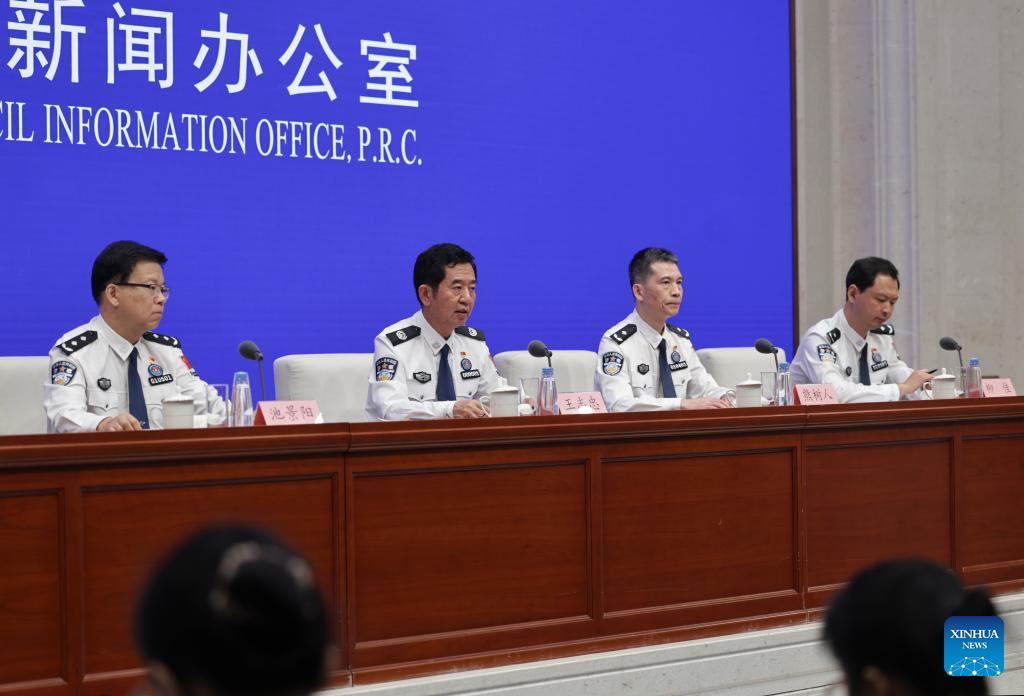
Wang Zhizhong, vice minister of public security and head of the National Immigration Administration (NIA), and NIA officials Xiong Shuren, Chi Jingyang and Liu Jia, attend a press conference held by the State Council Information Office (SCIO) on China’s immigration management achievements during the 14th Five-Year Plan period (2021-2025) in Beijing, capital of China, July 30, 2025. (Xinhua/Zhang Yuwei)
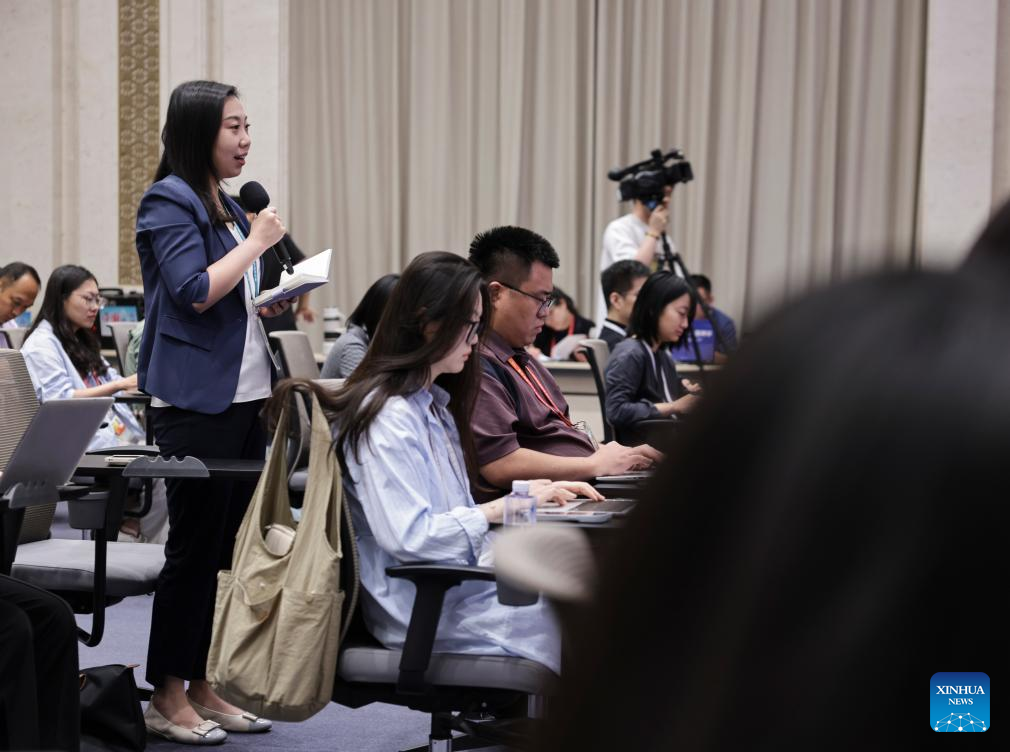
A journalist asks questions at a press conference held by the State Council Information Office (SCIO) on China’s immigration management achievements during the 14th Five-Year Plan period (2021-2025) in Beijing, capital of China, July 30, 2025. Wang Zhizhong, vice minister of public security and head of the National Immigration Administration (NIA), and NIA officials Xiong Shuren, Chi Jingyang and Liu Jia, attended the press conference in Beijing on Wednesday. (Xinhua/Zhang Yuwei)

